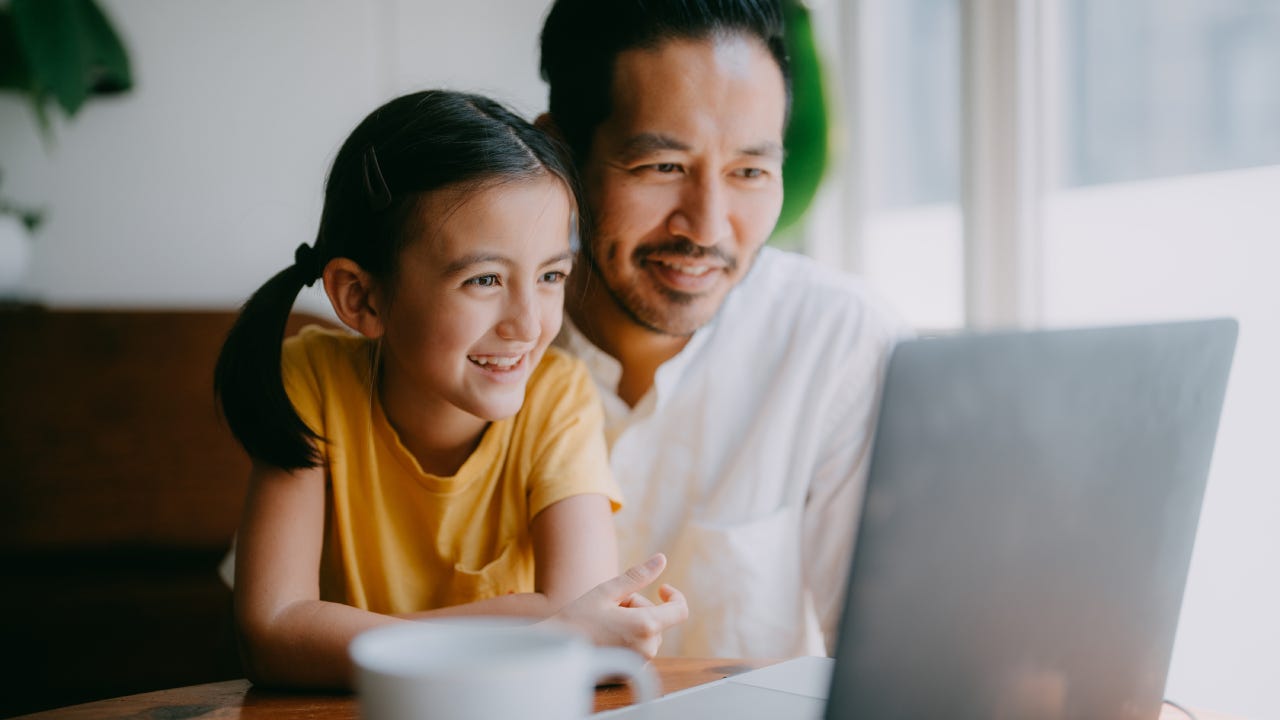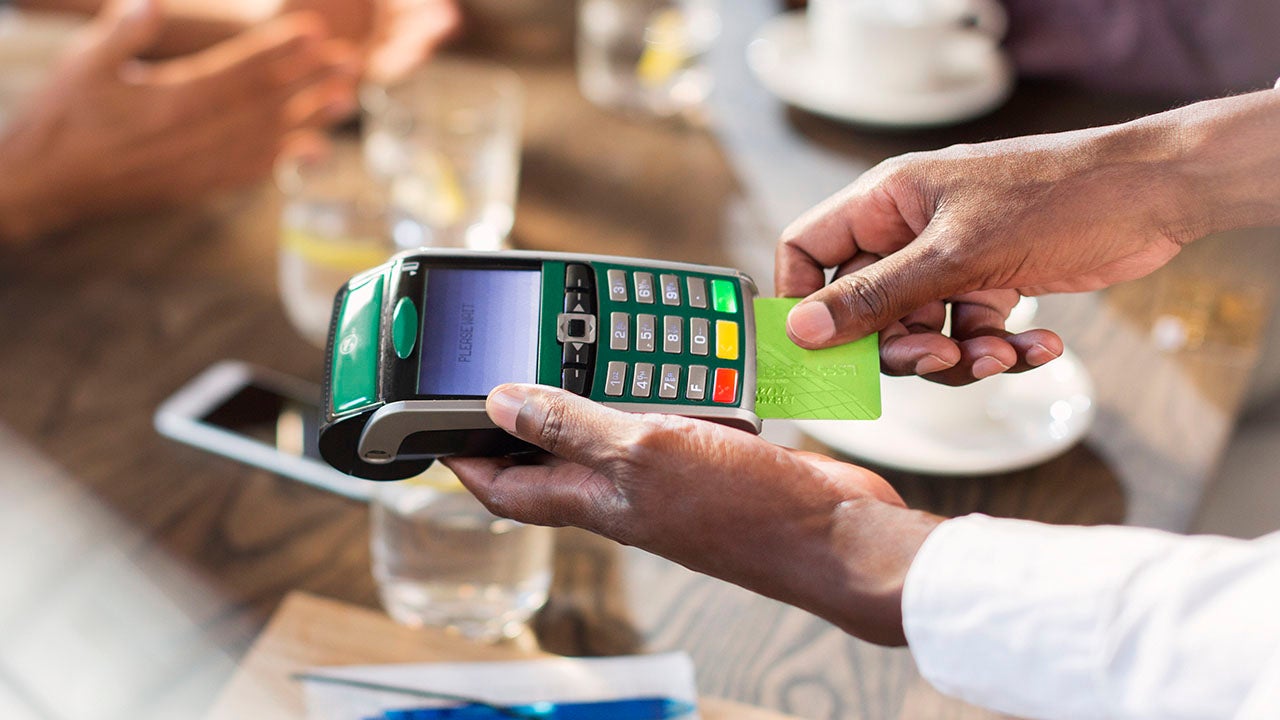PayPal vs. credit cards: Which is safer?

Key takeaways
- PayPal and credit cards both offer protection when shopping online, and PayPal protects shoppers if items go missing or arrive damaged.
- Using either PayPal or a credit card is a safer option than using your debit card.
- It’s still important to take the steps to keep your PayPal account secure.
If you do most of your shopping online and want to ensure your transactions are as secure as possible, you may have a few important questions: Is PayPal safer than a credit card? Is PayPal safe for debit cards?
Generally speaking, you should know that both credit cards and PayPal have similar security features that can get you off the hook if you’re charged for a purchase you didn’t make. PayPal also offers the same protections on its accounts, whether you pay with credit or debit, yet you’ll have far fewer consumer protections if you make a purchase with a debit card online directly rather than through PayPal.
Ultimately, you’ll want to know the basics of making secure purchases online, whether you shop with a credit card or opt to pay with PayPal for convenience. This guide explains how PayPal works, including its security features as well as the basic credit card security features all consumers benefit from.
How does PayPal work?
PayPal is an online payment portal that lets users create an account they can use to send money, make purchases and receive money from others with ease. You may have noticed that an array of online retailers allow PayPal as a payment option when you shop online, and there are several reasons consumers use this option.
First, PayPal lets you connect your preferred payment method to your account, whether you want to pay with a credit card, a debit card, a bank account or a rewards balance. PayPal also encrypts your bank or credit card information, which helps keep that information safe. The platform also makes it easy to send money to friends and family for free, provided you use an available balance to do so.
Meanwhile, the PayPal app lets consumers do more with their money, including its online bill pay features and investing options. The PayPal app also has a high-yield savings component, which lets users earn interest on their deposits in the account.
Interestingly, PayPal also offers its own credit card known as the PayPal Cashback Mastercard®*. This card lets users earn cash back on everything they buy with their card through PayPal and elsewhere, and it comes with no annual fee.
Is PayPal safe?
As we noted, PayPal encrypts your payment information in order to keep your sensitive financial information safe from hackers and thieves. However, the platform offers additional security features, including purchase protection that covers all purchases you make using PayPal and payments made through the platform.
You should note that a dispute must be filed within 180 days of the purchase in question, and PayPal accounts must be in good standing for this coverage to apply.
Protection features PayPal offers users
PayPal purchase protection can come into play in various scenarios, including the following:
- You received an item you did not order.
- A new item you ordered showed up in used condition.
- An item you ordered never arrived.
- You received a different number of items than the number you ordered.
- An item you purchased shows up damaged.
- An item you ordered is missing parts.
- You received a generic item when you purchased an authentic item.
Also note that, if you are charged for a transaction you didn’t make, PayPal will rectify the situation if you let them know within 60 days. In this case, PayPal says you’ll be covered by their $0 Liability for Eligible Unauthorized Transactions program.
Credit card safety features
Most credit cards also have a $0 fraud liability policy, meaning you won’t be on the hook for unauthorized purchases made with your credit card or card number. According to the Federal Trade Commission (FTC), you won’t be legally responsible for any unauthorized purchases made with your card if you report the card lost before someone uses it anyway. Your liability is also limited to $0 if your card number is stolen, but you are still in physical possession of your credit card.
Keep in mind: If you report your credit card lost or stolen after fraud has occurred, however, the maximum amount you can legally be liable for is limited to $50.
Consumers also have similar protection for purchases made with credit cards through the Fair Credit Billing Act (FBCA). However, disputes must be for amounts of $50 or more, and they must be filed within 60 days.
Through the FCBA, consumers can get protection for certain types of billing errors on their credit cards, including:
- Unauthorized charges
- Incorrect amounts or charges on wrong dates
- Charges for items you bought and never received
- Items that arrived or services that were ordered but not supplied as promised
That said, the FCBA does not provide protection for the quality of goods or services delivered by a merchant.
Some specific credit cards expand their security for some types of charges with updated consumer protections. For example, there are credit cards that offer purchase protection against damage or theft, as well as cards that offer extended warranties and return protection. However, not all cards carry these features.
PayPal vs. credit cards
If you’re still wondering whether PayPal is safer than a credit card, you should know that both payment methods come with similar security protections and features, though PayPal may have the slight edge with its built-in purchase protections (which may not be available on specific credit cards).
You can also earn rewards with a credit card whether you pay directly with a merchant or using PayPal. In fact, some credit cards for online shopping also offer bonus rewards specifically for PayPal purchases, at least for part of the year. For example, the Chase Freedom Flex®* has included PayPal among its rotating 5 percent categories in the past (Flex cardholders can get 5 percent cash back on up to $1,500 in each quarter’s bonus category spending, activation required).
At the end of the day, this means your choice between paying with a credit card or through PayPal boils down to convenience. Paying with either option offers roughly the same security features, so you should base your decision on whatever is easiest for you.
Credit cards vs. debit cards
Individuals who want to boost their protection for online purchases should know that the same protections for credit cards do not apply to debit cards. Where most credit cards have $0 fraud liability policies and the most you can be legally liable for is $50 in fraudulent charges anyway, debit card purchases are not supported with the same kinds of protections for consumers. If you are going to put a purchase on your debit card, doing so through PayPal is the safer option.
Tips for safe online shopping
Whether you opt to shop online with your credit card or use any form of payment with PayPal, you’ll want to take steps to keep your account details as safe and secure as you possibly can. Consider the following tips for safe online shopping that apply either way.
The bottom line
Whether you opt to pay for purchases using PayPal or directly using a credit card, you should enjoy similar safety features and fraud protection. Be sure to check the purchase protection features on your credit card, however, as these may not always measure up to those available for PayPal purchases (such as if a purchase never arrives).
One thing is clear though: paying with credit cards or PayPal is safer than paying with debit cards when you shop online. You’ll get additional security features and protections either way you choose to pay, and you’ll also have a better chance to earn rewards or cash back on everything you buy.
*All information about the PayPal Cashback Mastercard® and Chase Freedom Flex® has been collected independently by Bankrate and has not been reviewed or approved by the issuers.
Why we ask for feedback Your feedback helps us improve our content and services. It takes less than a minute to complete.
Your responses are anonymous and will only be used for improving our website.
You may also like

Student cards vs. secured cards

Online lenders vs. banks and credit unions: Which is better?




